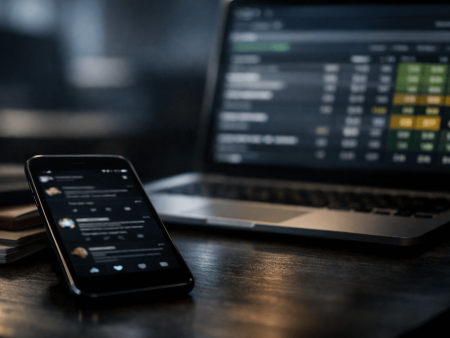The licensed online gaming sector contributed over PHP 112 billion to the national government last year. That’s roughly equivalent to €1.75 billion. This is according to media reports. This includes PHP 16.6 billion allocated for healthcare programs. An additional PHP 46.32 billion was remitted as dividends to the national treasury. To the country, an outright ban could be costly.

The warnings come amid heightened scrutiny, sparked by a strong message from President Ferdinand Marcos Jr. over the weekend. In a video message, Marcos said the irresponsible use of digital platforms—including online gambling—is tearing families apart.
He said online gambling is destroying many families, especially when used irresponsibly. Technology should help make Filipino families successful and united, not destroy them.
His comments have reignited a polarizing debate. Citing its accessibility to the youth and its links to social harm, senators Juan Miguel Zubiri and Christopher have proposed legislation to ban all forms of online gambling.
Yet, Arden Consult’s chief executive, Tonet Quiogue pushed back against the proposed ban. She said that the real enemy is illegal, unregulated gambling, not the licensed platforms that follow strict safeguards and contribute meaningfully to national development. Arden Consult is a private advisory firm to online operators.
Quiogue highlighted that legal platforms already follow international best practices. They use KYC protocols, age verification, self-exclusion tools, and real-time monitoring to protect users. She warned that you ban those, and what you get is a black-market surge.
Officials from the national gambling regulator, the PAGCOR or Philippine Amusement and Gaming Corporation echoed this sentiment. PAGCOR Chairman Alejandro Tengco stated that the licensed online gaming sector generates approximately $1.8 billion annually through operator fees. Earlier this month, he stated that better regulation, not a ban, is the right response to these concerns.


